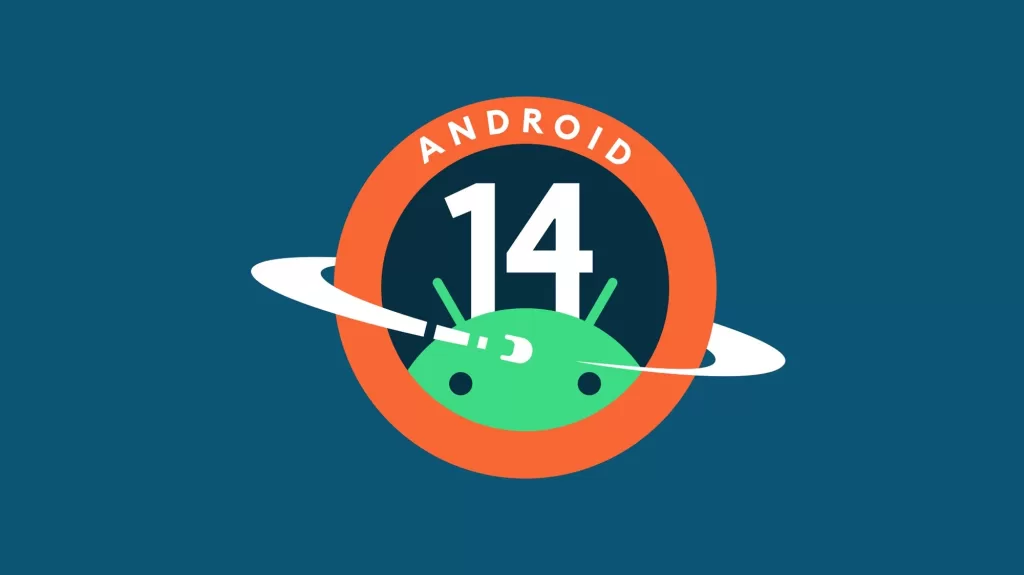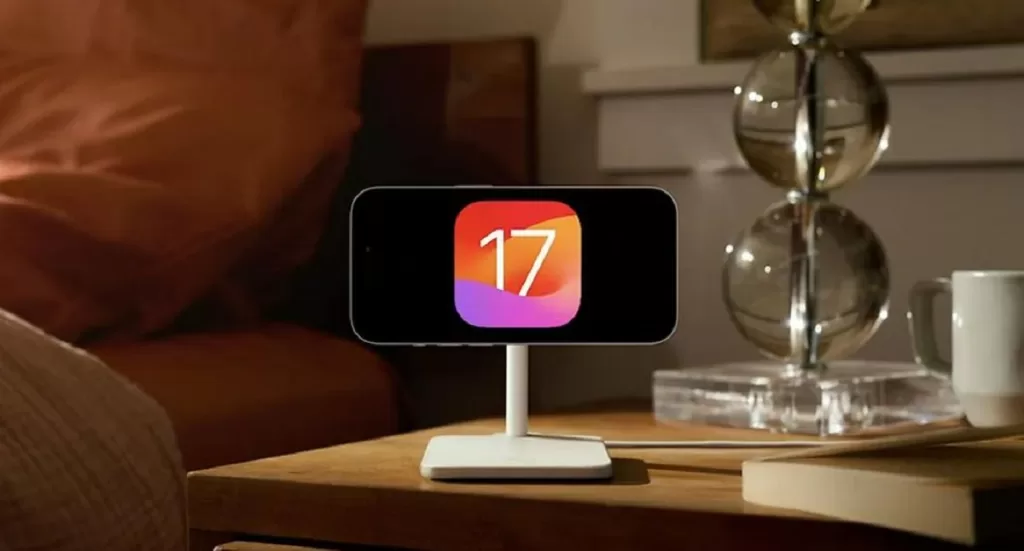Android 14’s Imminent Launch: Can It Match the Prowess of iOS 17?
Google is gearing up to unveil Android 14, the latest version of the Android mobile operating system, at its upcoming October 4th Made By Google event. Android 14 will arrive just weeks after Apple launched its significant iOS 17 update for iPhones on September 18th.
Android and iOS represent the two dominant mobile platforms today. Their every move is watched closely by consumers, developers, and the tech industry overall. This article takes a look at how Android 14 stacks up to iOS 17 based on what we know so far.
When Will Android 14 Launch?

It’s expected that Google will unveil Android 14 at the company’s Made By Google event on October 4, 2023. This annual hardware showcase is when Google unveils its new Pixel smartphones and other devices.
The Pixel 8 and Pixel 8 Pro are rumored to be announced at the event. These devices will ship with Android 14 pre-installed. So October 4th represents the public launch date for Android 14.
In the past, Google has released the first Android previews as early as February. But the initial Android 14 Developer Preview didn’t arrive until April. Google continued issuing beta releases throughout the summer leading up to the stable launch in October.
Based on this timeline, Android 14 will become available to users about a month after Apple pushed out iOS 17. Google is essentially following its typical blueprint of unveiling major Android refreshes in the fall alongside new Google Pixel phones.
Early Android 14 Beta 5 User Feedback
Here are some early user feedbacks on Android 14 Beta 5 in different categories:
- Battery life: Some users reported excellent battery life on Android 14 Beta 5, with one user mentioning almost 10 hours of screen-on time on their Pixel 7 Pro. Another user reported 7 hours of screen-on time on their Pixel 7 with Beta 5.2. However, some users experienced worse battery life compared to Android 13, with one user reporting only 6-7 hours of screen-on time.
- Performance: A user reported a significant performance drop and FPS drop while playing PUBG on their Pixel 7 after upgrading to Android 14 Beta. However, another user mentioned that their Pixel 6 Pro on Beta 5 was running smoothly without any lag.
- Stability: Some users experienced issues with Android 14 Beta 5.2, including screen freezes, lag, and slowdowns. Another user reported issues with Android System Intelligence crashing, random soft crash reboots, and voice typing not working on their Pixel 7 with Beta 5.
- Bug reports/feedback tool: Users were encouraged to share their experiences with Android 14 Beta 5.1 by filling out a 5-minute anonymous survey. This allowed users to report issues and bugs, helping developers improve the software.
Early iOS 17 User Feedback

Here are some early user feedbacks on iOS 17 since September 18:
- Early adopters praise iOS 17’s smoother performance and refined core apps though some critique its modest feature additions versus prior updates.
- Standby mode: A user asked about the functionality of the standby mode on iPhone 13 Pro, specifically regarding the impact on battery health and phone heating up.
- Call screen design: Some users expressed dissatisfaction with the new default call screen design in iOS 17, stating that it is too ugly and out of place compared to the rest of the OS.
- Hearing feature issues: A user reported issues with the Hearing feature in iPadOS 17, mentioning that the iPad would freeze when trying to access the feature.
- Camera issues: A user reported that their iPhone 13 Mini’s main camera became blurry after trying to take photos with third-party photo apps like Snapchat and Messenger. The issue persisted until the phone was restarted.
How Android 14 Compares to iOS 17
iOS 17 reached consumers on September 18, right before the new iPhone 14 models hit store shelves on September 22. The update brings some fairly substantial enhancements to the iPhone user experience.
Some of the most notable iOS 17 features include:
- Interactive widgets on the home screen and lock screen
- StandBy charging mode with widgets and photos
- Live Voicemail transcriptions on incoming calls
- Safety Check for sharing your location when traveling
- Visual Look Up identifies objects in photos and provides info
- Medication reminders for scheduling critical alerts
- Major redesigns for Messages, Mail, Health, and other apps
Android 14 also introduces meaningful improvements, although its changes appear less sweeping compared to iOS 17. Here are some key additions in Android 14 so far:
- Expanded lock screen customization with new visual styles
- Quick reply for messages directly from notifications
- Required notification permission for apps
- More specific media access instead of all-or-nothing
- Spatial audio support over wired headphones
- Adaptive charging learns routines for optimized overnight charging
- Performance and battery life optimizations
While subject to change, Android 14 currently seems more muted versus previous releases like Android 13. However, Google could still reveal some bigger features at launch that rival iOS 17’s upgrades.
Lock Screen Personalization: A Key Battleground
One area where both platforms are focusing attention this update cycle is lock screen personalization. Lock screens represent valuable real estate for notifications, widgets, and visual flair.
iOS 17 makes widgets on the Lock Screen and Home Screen interactive so you can use them without opening apps. Android 14 is catching up by finally allowing lock screen widgets. But customization goes much deeper in Android.
Android 14 enables changing lock screen clocks, producing custom wallpapers, rearranging widgets, and adjusting notifications. In contrast, iOS 17 grants limited controls like new widget types and wallpapers.
The more open nature of Android gives it an edge for modifying the lock screen experience. But iOS 17 makes notable progress with its interactive widgets and StandBy charging display packed with widgets and photos.
Finessing the Basics: Notifications, Messages, Permissions
Both platforms aim to streamline their core communication features. iOS 17 redesigned the Messages and Mail apps for smoother navigation. Android 14 makes notifications less disruptive with required consent to post them.
Android 14 also enables directly replying to messages from notifications without opening the relevant app. And users have more granular control over granting media access to apps versus full library access.
These changes may not be flashy, but they fine-tune the notification and messaging fundamentals integral to the mobile experience. Apple and Google are trying to maintain privacy while keeping users informed.
AI Smarts: Where the Future Lies
looking ahead, Android and iOS will continue expanding their AI capabilities. The tech giants envision an even smarter digital assistant, advanced computer vision, more contextual awareness, and predictive recommendations.
Apple continues improving Siri’s natural language understanding and expanding Live Text object recognition. Google Assistant remains a leader in conversational AI and surfacing relevant information.
Android 14 and iOS 17 don’t emphasize emerging AI much yet. But machine learning innovations represent the next frontier and a competitive focal point. The AI race will help determine who shapes the ultimate intelligent mobile assistant.
Long-Term Support: iOS 17 Wins for Older Devices
Another area iOS holds an advantage is long-term software support for older models. iOS 17 still works with the iPhone XR and iPhone 11 from 2018 and 2019 respectively. The iPhone 6S impressively received 6 years of updates.
Meanwhile, Android phones typically get 2-3 years of major OS updates. Shorter longevity is a notorious issue with the Android ecosystem. However, Samsung is now providing 4 years of support for newer flagship Galaxy devices.
Extended iOS updates keep phones feeling fresh while also reducing e-waste. Many consumers now expect 5+ years of updates when purchasing expensive smartphones. This remains an area where Apple leads decisively.
Android 14 vs. iOS 17 Battle
Based on everything known pre-launch, iOS 17 appears to have more substantial enhancements centered on new experiences. Android 14 takes a bit more measured approach so far with refinements over bold reinvention.
But there’s still time for Google to reveal some bigger features before Android 14’s official release. And Apple will keep iterating on iOS 17 over months and years. Ultimately, both platforms are focusing on improved intelligence, efficiencies, customization and laying groundwork for the future with mobile AI.
Neither update seems revolutionary compared to previous leaps like Android 12 or iOS 7. However, iOS 17 and Android 14 still provide meaningful evolution reflecting mobile’s maturity. For most everyday users, the two OSes largely deliver on par experiences with their own strengths. It remains to be seen if Android 14 closing the gap on iOS 17 in certain areas results in renewed momentum for Google.